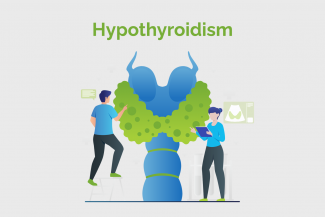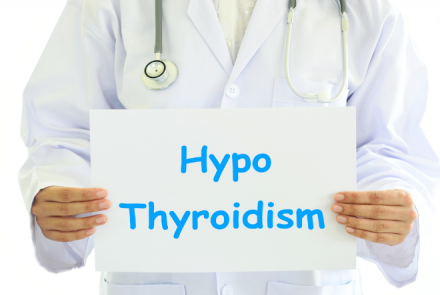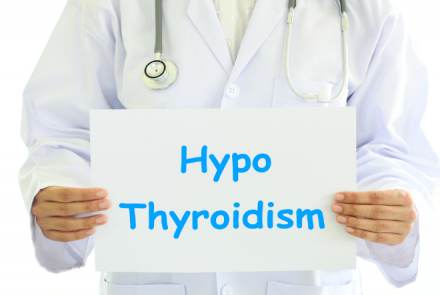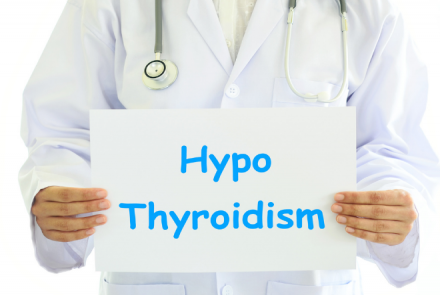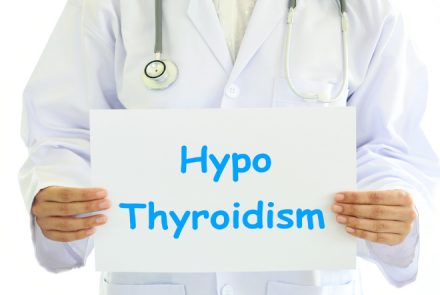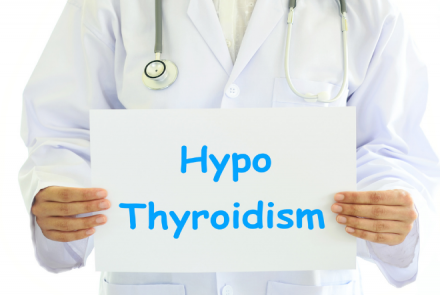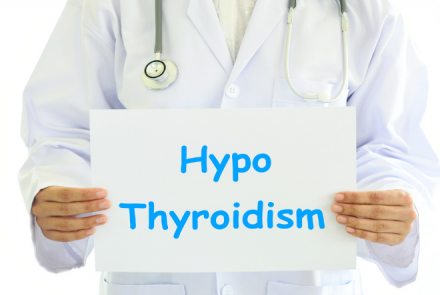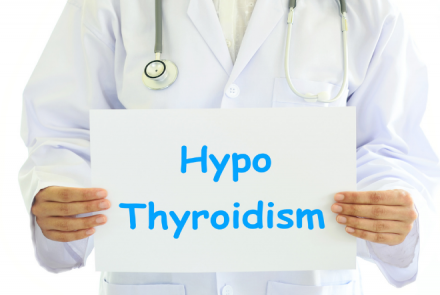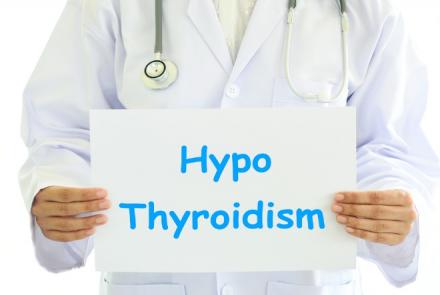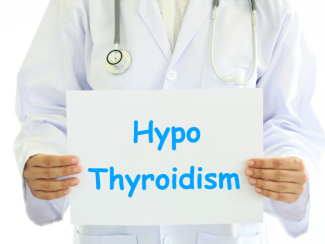
The goal of treatment is to bring the person back to an euthyroid state (state of having normal thyroid gland function), hence necessitating lifelong thyroid hormone replacement therapy. Levothyroxine which is a synthetic T4 hormone is the preferred choice of treatment. It is usually prescribed once a day. L-triiodothyronine which is synthetic T3 is used less frequently due to a shorter half-life. Combination of the two synthetic hormones is available but with no significant benefits.
Allow 8-12 weeks after starting treatment for the hormone balance to reset. The goal thereafter is to keep the serum TSH in the lower half of its normal level.
It is important to treat hypothyroidism and not stop prescribed medication to prevent complications. The complications are listed below.
Complications of hypothyroidism:
- Increased risk of heart diseases
- Goiter or enlarged thyroid gland.
- Infertility
- In pregnancy, if hypothyroidism is not treated it can lead to harmful damage to both the mother and fetus.
- Mental health issues like depression and anxiety
- Myxoedema Coma, is a life-threatening condition seen in longstanding severe hypothyroidism that has been left untreated. The condition entails thick and non-pitting edema in soft tissues, severe change in the mental status and a decompensated metabolic state.

